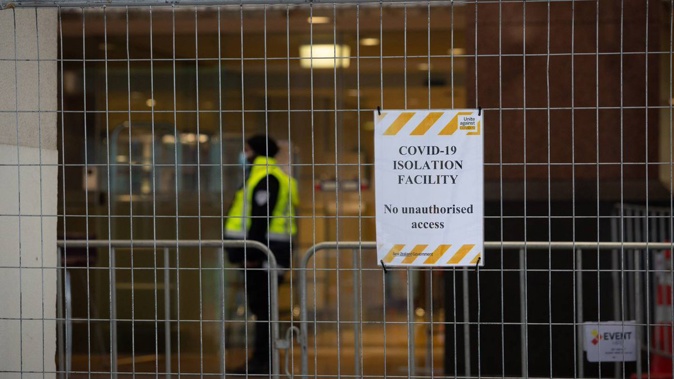
The New Zealand Government has quietly dropped MIQ and self-isolation requirements for unvaccinated Kiwi travellers.
Previously, only fully vaccinated New Zealanders could bypass isolation requirements when they enter the country. The unvaccinated had to spend seven days in MIQ and three days self-isolating at home.
The announcement, which was published and came into effect on Friday night, said the Government had agreed that unvaccinated New Zealand citizens, and those who are eligible to travel to New Zealand, do not need to enter MIQ or to self-isolate.
"This also means that those eligible unvaccinated arrivals who entered MIQ prior to 11.59pm on Friday 18 March will be released from MIQ."
The statement said minimum vaccination requirements for travel to New Zealand will apply to non-New Zealand citizens, including permanent residents, unless they have an exemption.
"Travellers entering New Zealand will still be required to undertake rapid antigen tests on days 0/1 and 5/6 and report the results. If a traveller tests positive, they will need to undertake a PCR test, and isolate in accordance with the requirements for positive Covid-19 cases.
"Managed isolation and quarantine (MIQ) will be used in limited circumstances, by some refugees, arrivals from Afghanistan, maritime crew, and some international aircrew."
It was announced last week that MIQ will reduce to four facilities by the end of June 2022.
The statement said this change to the border entry requirements further reflects the reduced demand for MIQ as we reopen our borders.
It comes after 10 more deaths linked to the virus were reported on Saturday with more than 18,500 new infections in the community.
This took the number of publicly reported Covid-related deaths to 166, and the seven-day rolling average of reported deaths to eight, according to the Ministry of Health.
The seven-day rolling average of new cases was 17,641, down slightly from 17,673 yesterday.
But public health expert Michael Baker said New Zealanders had never been more at risk of catching Covid-19 despite most parts of the country passing their peak number of daily infections.
"Half of the people who will get infected are yet to get infected ... the virus is still very common everywhere in New Zealand.
"No one should feel that suddenly just because the peak has passed in my area I don't need to worry, we certainly aren't in the all-clear."
The epidemiologist said it would take a long time for cases to start to drop in schools especially.
"If parents were trying to lessen the chance of their child getting infected, then now would be the time to start thinking about taking them out of school."
In about six weeks, Baker expected daily infections across the country to drop to several thousand cases but could remain at that number for some time.
"It's crucial people keep those precaution habits such as mask wearing and social distancing."
While it was unlikely people who had already been infected would catch the virus again for three months, they were not bulletproof, Baker said.
There were 939 people in hospital as of Saturday, including 24 in intensive care. The average age of those hospitalised was 57. On Thursday, hospitalisation rates peaked to 930.
Take your Radio, Podcasts and Music with you









